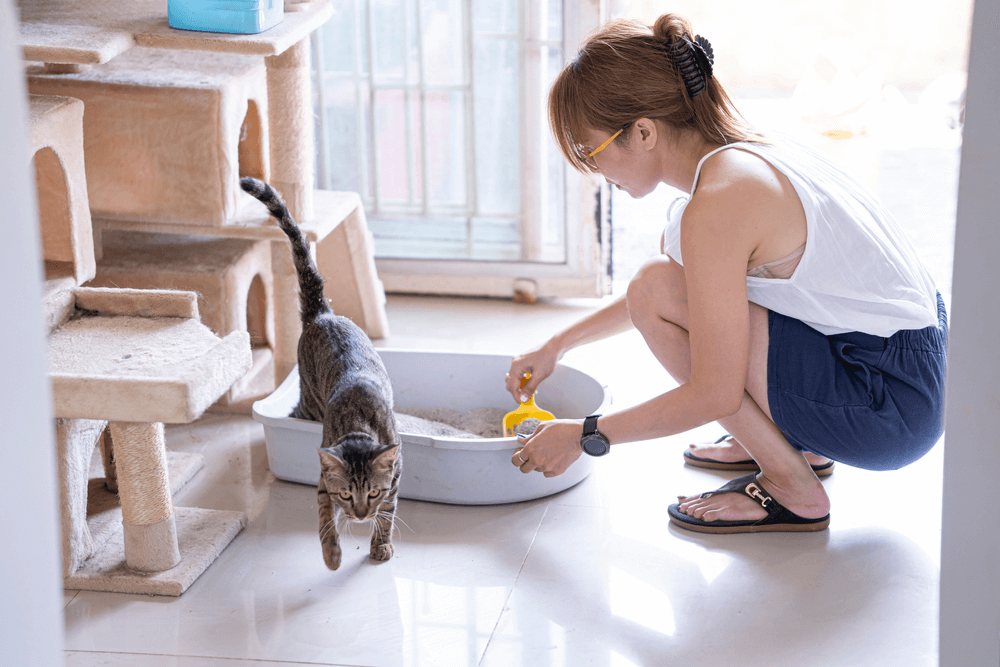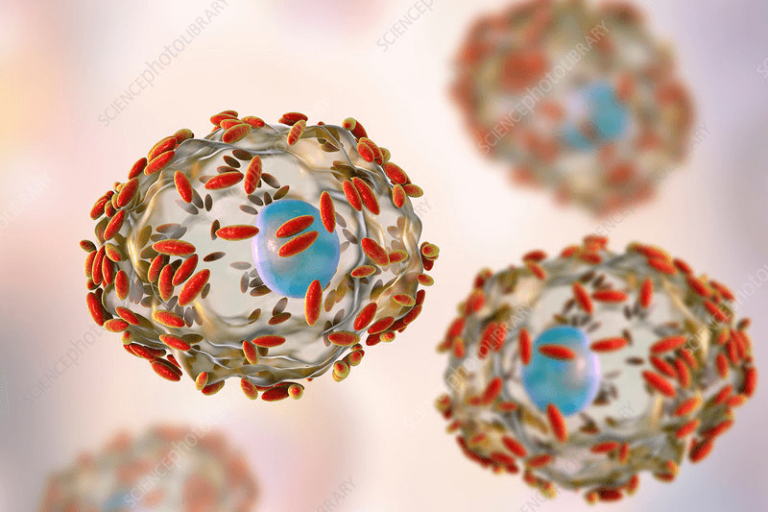Is It Safe to Change Cat Litter During Pregnancy?

Changing cat litter while pregnant is not recommended due to the risk of contracting toxoplasmosis, a parasitic infection that can be harmful to the developing baby. Toxoplasmosis is typically spread through cat feces, and while the infection might not be severe for the mother, it can pose serious risks to the fetus, including miscarriage or congenital health issues.
Understanding Toxoplasmosis
Toxoplasmosis is caused by a parasite called Toxoplasma gondii, commonly found in cat feces. If a pregnant woman contracts the infection, especially early in pregnancy, it can have severe consequences for the baby. However, the risk of contracting toxoplasmosis during pregnancy is low. A 2010 study in the UK found that only about five in 1,000 pregnant women were affected, with even fewer cases resulting in transmission to the unborn child. Moreover, if a woman has previously been exposed to toxoplasmosis, she is likely immune, significantly reducing the risk of reinfection during pregnancy.
Symptoms and Testing
Many people who contract toxoplasmosis may not show symptoms or may experience mild flu-like symptoms. Routine pregnancy care does not include testing for toxoplasmosis, but if you suspect exposure or experience symptoms, it is crucial to seek a blood test from your healthcare provider.
Also read: Will my Appetite Change During Pregnancy?
Safety Measures for Pregnant Women
To minimize the risk of contracting toxoplasmosis, it is advisable to:
- Have someone else handle the cat litter: If possible, avoid cleaning cat litter boxes. If you must do it, wear gloves and wash your hands thoroughly afterward.
- Clean litter boxes daily: This reduces the chance of the parasite becoming infectious.
- Avoid contact with stray cats and do not adopt new cats during pregnancy.
- Wear gloves while gardening: Cat feces in the soil can also pose a risk.
- Cover outdoor sandboxes to prevent cats from using them as litter boxes.
- Avoid handling raw meat and ensure all meats are cooked thoroughly to kill any potential parasites.
Additional Precautions
Toxoplasmosis can also be contracted from eating contaminated food or drinking unpasteurized goat’s milk. Pregnant women should practice strict food hygiene, including washing fruits, vegetables, and herbs, and avoiding raw or undercooked meat.
Breastfeeding Considerations
The parasite responsible for toxoplasmosis has not been found in human breast milk, so breastfeeding does not pose a risk of transmitting the infection to the baby. Breastfeeding offers the benefit of passing antibodies to the infant, helping boost their immune system.
Conclusion
While the risk of contracting toxoplasmosis during pregnancy is relatively low, taking preventive measures is essential to protect both mother and baby. By practicing good hygiene and avoiding certain risks, pregnant women can significantly reduce their chances of infection.
By following these guidelines and understanding the risks, pregnant women can better protect themselves and their developing babies from the dangers associated with toxoplasmosis.
Also read: Hyperemesis Gravidarum (Severe Pregnancy Sickness)






